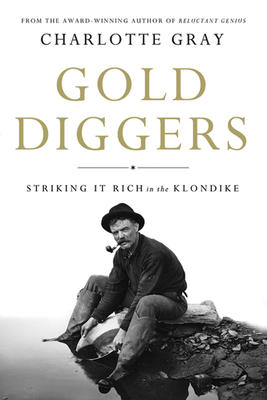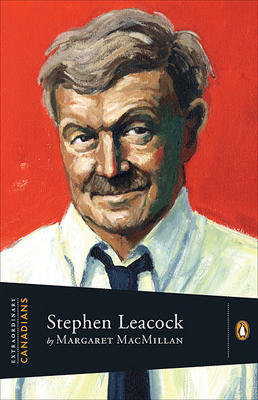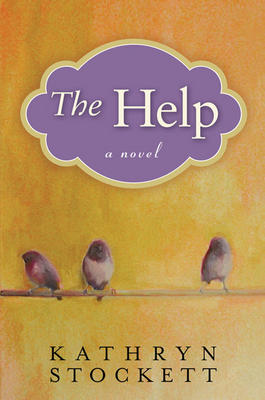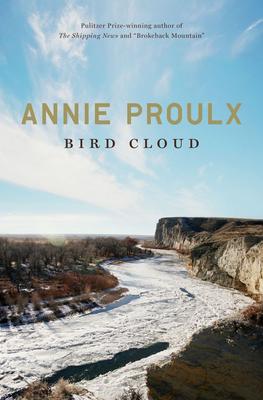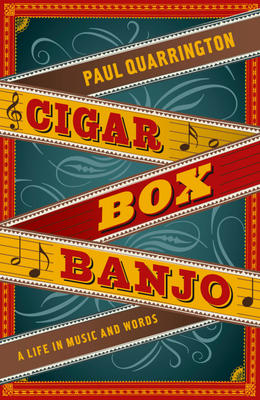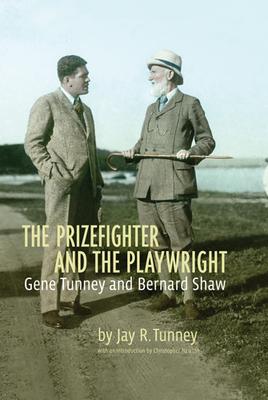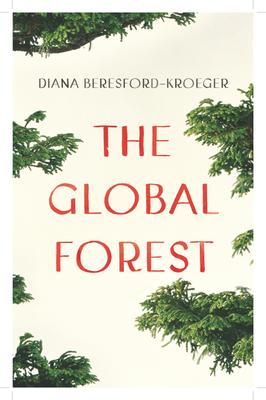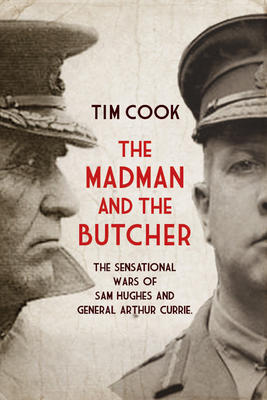 Author and Great War Historian, Tim Cook, will be at Books on Beechwood on Saturday, November 6, from 11:00am to 1:00pm, to sign his new book “The Madman and the Butcher: The Sensational Wars of Sam Hughes and General Arthur Currie.”
Author and Great War Historian, Tim Cook, will be at Books on Beechwood on Saturday, November 6, from 11:00am to 1:00pm, to sign his new book “The Madman and the Butcher: The Sensational Wars of Sam Hughes and General Arthur Currie.”
From the jacket:
“Award-winning author Tim Cook turns his narrative powers to the conflict between two towering Great War figures: Sir Arthur Currie, Canadian Corps Commander, and Sir Sam Hughes, Canada’s war minister. Set against the backdrop of Europe’s battlefields and Canada’s political tumult, The Madman and the Butcher explores the nation’s discomfort with heroes, the need to place blame, and the very public war of reputations that raged on after the guns fell silent.”
(…)
“The Madman and the Butcher is a powerful double biography of Sam Hughes and Arthur Currie. Using newly uncovered sources, Cook creates a haunting portrait of our greatest battlefield general and the man who tried to destroy him.”
Come down to the bookstore to visit with the author, buy a book, and get it signed! Refreshments will be served during this event. We look forward to seeing you here!
